How the West became more like China
For almost a year, rights to free movement, speech and commerce have been turned off. Welcome to our authoritarian future.
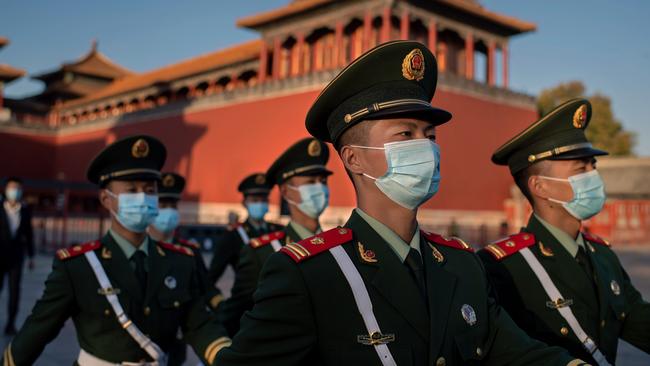
Governments’ response to COVID-19 has accelerated our path to a more authoritarian future. For almost a year, basic human rights to free movement, speech and commerce have been turned on or off in quite extreme ways because of a vaguely defined “greater good”.
Auckland was locked down for a fourth time last week after a 20- year-old, who was so sick he was en route to the gym after his test, was found to have COVID-19.
Hong Kong-based Viktor Shvets, a managing director at Macquarie Bank, argues in his latest book, The Great Rupture, that the “degree of freedom” in the West has been steadily declining since the financial crisis of 2008.
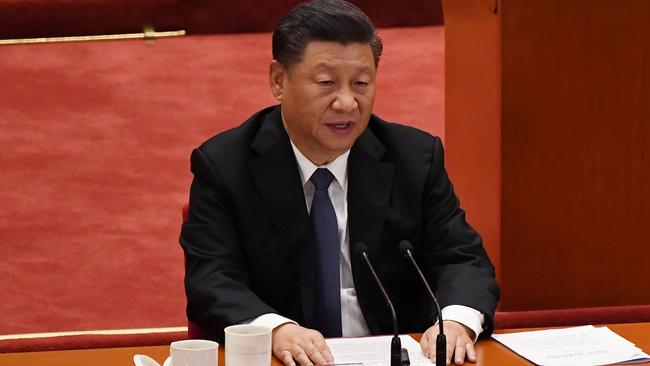
“States have become much more dominant, exercising a great deal more power than they could have in the 80s or 90s,” he tells The Australian.
“The West will never be quite like China, but we are heading in that direction, whether we like it or not, so we need to try to avoid the extremes of Chinese society.”
Even Francis Fukuyama, whose “end of history” thesis declared victory for liberal democracies in the late 1980s, has had a rethink.
“If China manages these stresses and remains strong and stable for another generation, then I think there is, in fact, a real alternative to liberal democracy,” he said in March 2019.
Imperial College professor Neil Ferguson, the UK scientist whose grim models forecast millions of deaths in the UK and US without immediate lockdowns, has himself been gobsmacked by the embrace of Chinese pandemic policy. “It’s a communist one-party state, we said. We couldn’t get away with it in Europe, we thought … and then Italy did it. and we realised we could,” he told The Times in December. “If China had not done it,” he says, “the year would have been very different.”
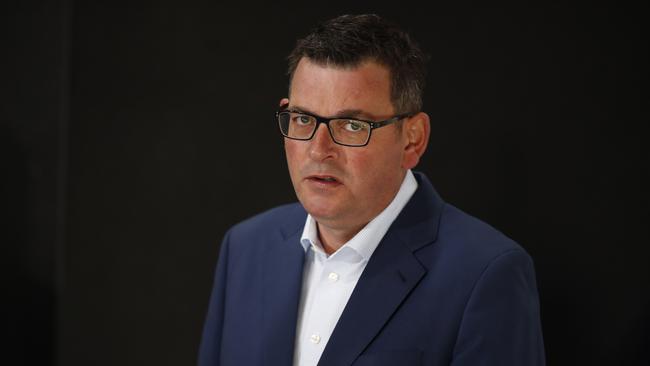
If the virus had emerged in the UK, 2020 would have been much like any other year. Its pandemic plan, updated in 2014, carefully put together, informed by years of actual science, advocated “supporting the continuation of every day activities as far as practicable, upholding the rule of law (while) preparing to cope with the possibility of significant numbers of additional deaths”. That was how a liberal democracy would have responded, not a democracy with Chinese characteristics, to paraphrase Deng Xiaoping.
“Cancel culture, the growing role of the state, and directing money and capital all point to a society not only more like China, but more like our previous societies in the decades after World War II, when the West had far greater limits, legal or otherwise, on free speech,” Shvets says.
Central banks, and indeed the big four commercial banks here in Australia, are increasingly subordinated to the needs of government, just at the People’s Bank of China is in Beijing. Prices in the financial markets are more and more a function of government regulations, just as they are in China, rather than underlying economic fundamentals.
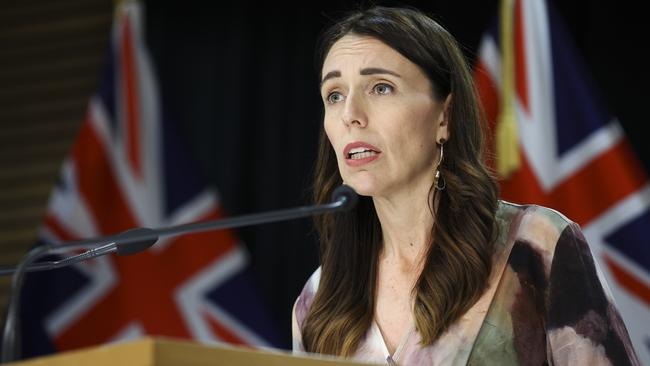
Our universities, themselves extraordinarily dependent on Chinese money, are no longer places that celebrate free thinking, but rather compete to toe the conventional wisdom and stifle academic freedom when it jars with whatever the woke sentiment is of the moment.
James Cook University censured physicist Peter Ridd for daring to question the quality of research in relation to the Great Barrier Reef.
In February, Newcastle University released a pointed statement declaring emeritus professor Robert Clancy, the nation’s foremost immunologist with more than 250 academic papers to his name on the subject, was “not a subject matter expert on COVID-19”.
Publishing an erudite article that pointed to evidence that hydroxychloroquine was an effective early treatment for COVID-19, and vaccines, while useful, were unlikely to be a panacea, was his misdemeanour. No doubt the university believes that Annaliese van Diemen, Victoria’s deputy chief health officer — whose career highlights include publicly likening James Cook to COVID-19 — is a COVID expert.
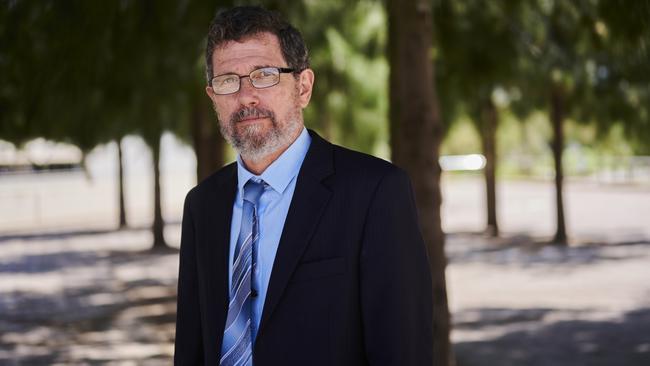
The mainstream media, meanwhile, seems increasingly interested in pillorying those who disagree with the bureaucracy or the “conventional wisdom”, as former Liberal MP Craig Kelly has recently found.
Just as the distinction between ministerial offices and the bureaucracy is breaking down — China-style — so too is the division between government and parliament.
The World Economic Forum, which represents the world’s political and business elite, sees COVID-19 as the opportunity for a Great Reset: “It is about building real resilience, driving equitable and sustainable growth and reinventing capitalism itself,” the forum says.
Expect to spend a bit more time indoors. “Lockdowns are quietly improving cities around the world,” the forum tweeted in recent weeks, issuing a video that lauded the “wave of quiet” and “record falls in pollution” that had descended on our cities.
Scientists have even been able to observe “small earthquakes” they would otherwise have missed. Look it up. It’s on YouTube.
Without a mansion to enjoy the new-found tranquillity, that’s probably little consolation to Melbourne’s public housing tenants locked away for 22 weeks last year without a peep from the human rights industry.
At least they didn’t have their doors welded shut, as their contemporaries did in China.



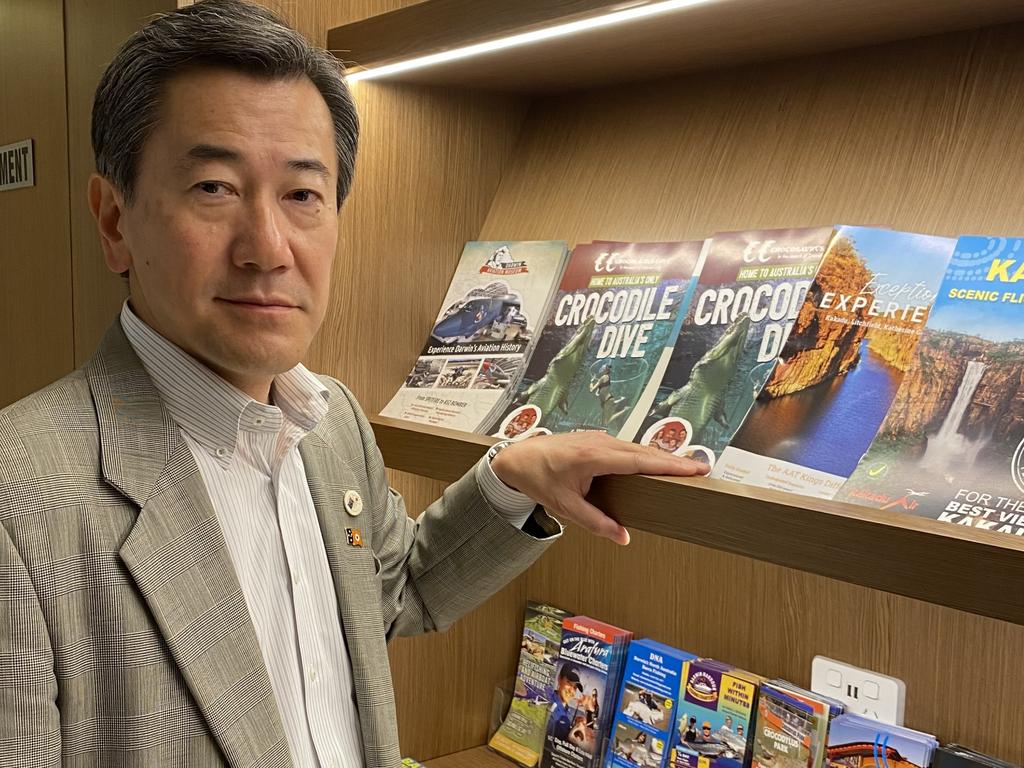
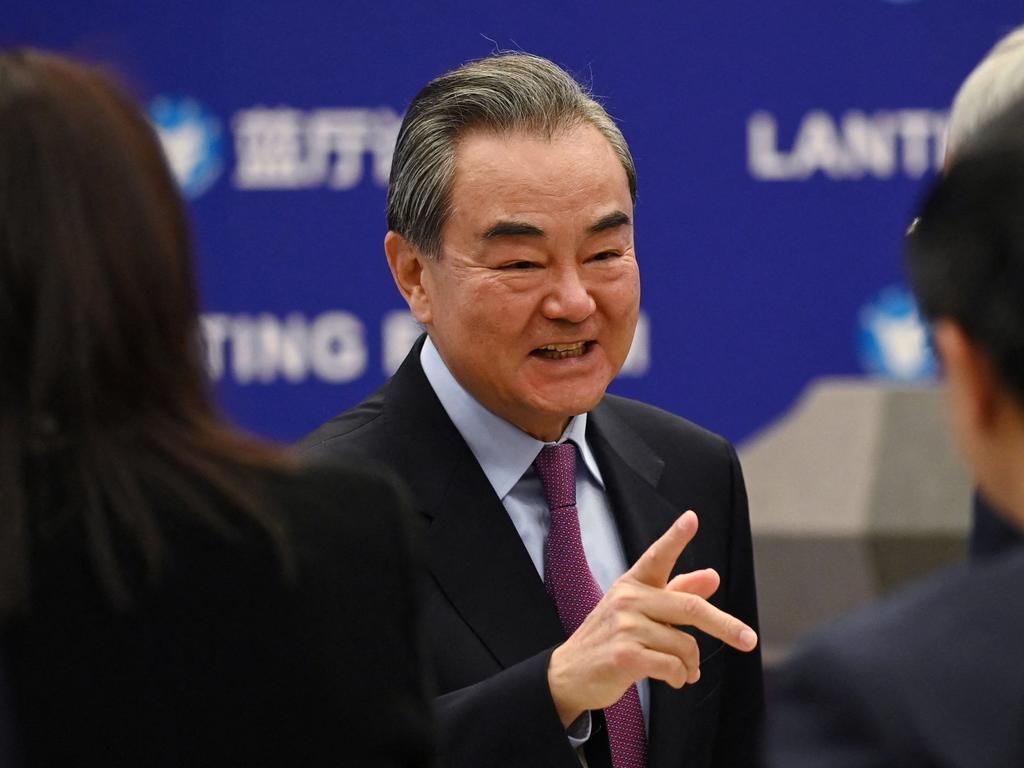
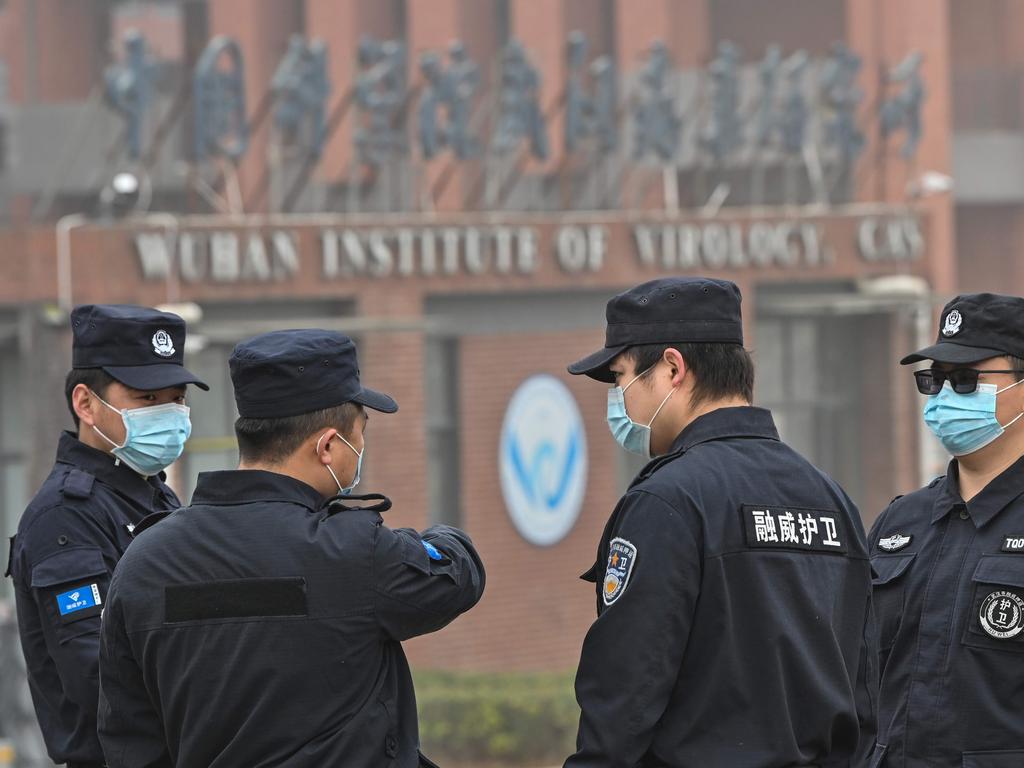


For years, the great and good have thought communist China would become more like the West. A frustrated Chinese middle class, fearful of arbitrary one-party rule, wanting to speak freely, would throw off its authoritarian shackles. Not only has the reverse occurred — China has obviously become more totalitarian under President Xi Jinping — the West is becoming more like China.